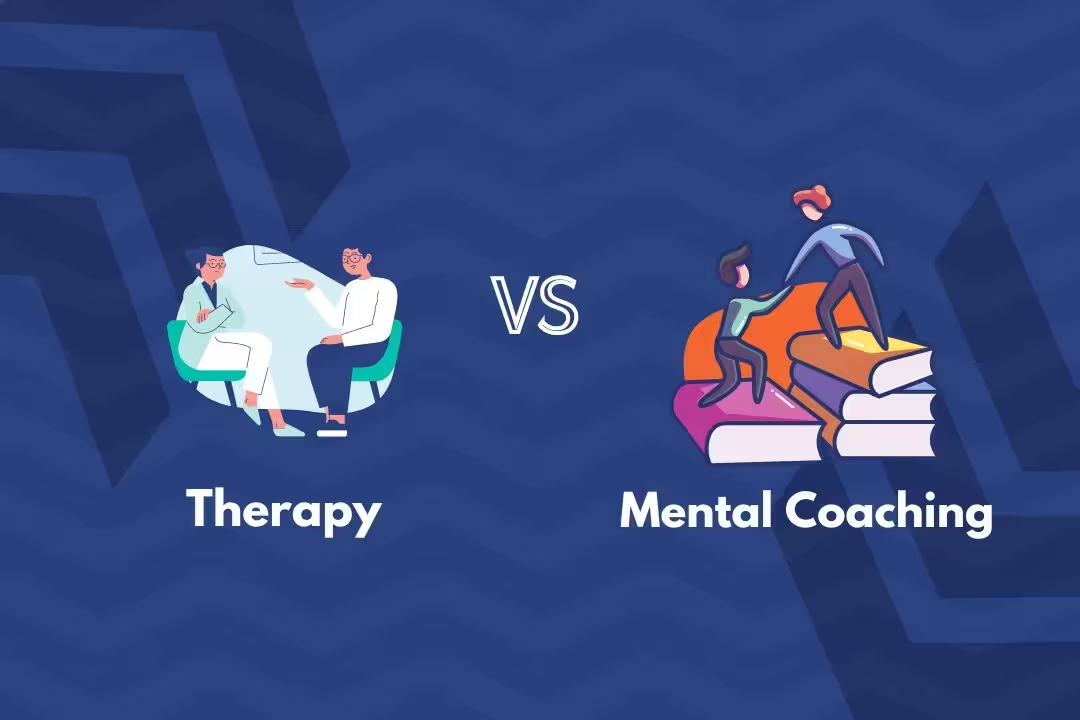It’s completely normal to feel hesitant about mental coaching, especially if you’re worried it might feel like therapy or make you seem weak. Many athletes share those same concerns at first. But here’s the thing—mental coaching is actually about building strength, not about fixing something that’s broken. Just like you train your body to be stronger and faster, mental coaching helps you train your mind to be more focused, confident, and resilient. It’s a way to give yourself an edge, both in and out of competition.
Unlike therapy, which often involves exploring deep emotions and past experiences, mental coaching is focused on performance enhancement, goal-setting, and practical strategies that help you perform at your best right now. Think of it as fine-tuning your mindset so that you can stay calm under pressure, maintain your confidence, and stay in control of your game.
Some of the world’s top athletes, like Simone Biles and Michael Phelps, use mental coaching as a crucial part of their training. They don’t see it as a weakness—in fact, they see it as essential to staying on top of their game. Mental coaching empowers you to take control of your thoughts, emotions, and performance, rather than letting those things control you.
This is an actual quote from one of my clients who was hesitant about mental coaching:
“One thing about me is I don’t want to be seen as weak or whatever. And for some reason whenever I think of stuff like this or like therapy or whatever, I think of like weak like for myself. Like I never want to do that. Like I was like I’m literally stupid. Why do I need to do this. But I was like, girl, you need to try it because you literally have so much stress built up inside your body, and you just keep it in there instead of doing things to release it.”
And then the next day after practice, she messaged me and said this:
“Today’s practice was much better! Today as a whole was better I tried to have a more positive outlook on things rather than just complain which in turn helped me have a more positive practice and instead of complaining that our practices are stupid and we get nothing done, I focused on what I needed to do and work on and it helped.:
I encourage you to approach mental coaching with an open mind. Consider it an experiment—give it a try, see how it feels, and notice the difference it can make. You might be surprised at just how much stronger, more confident, and…

